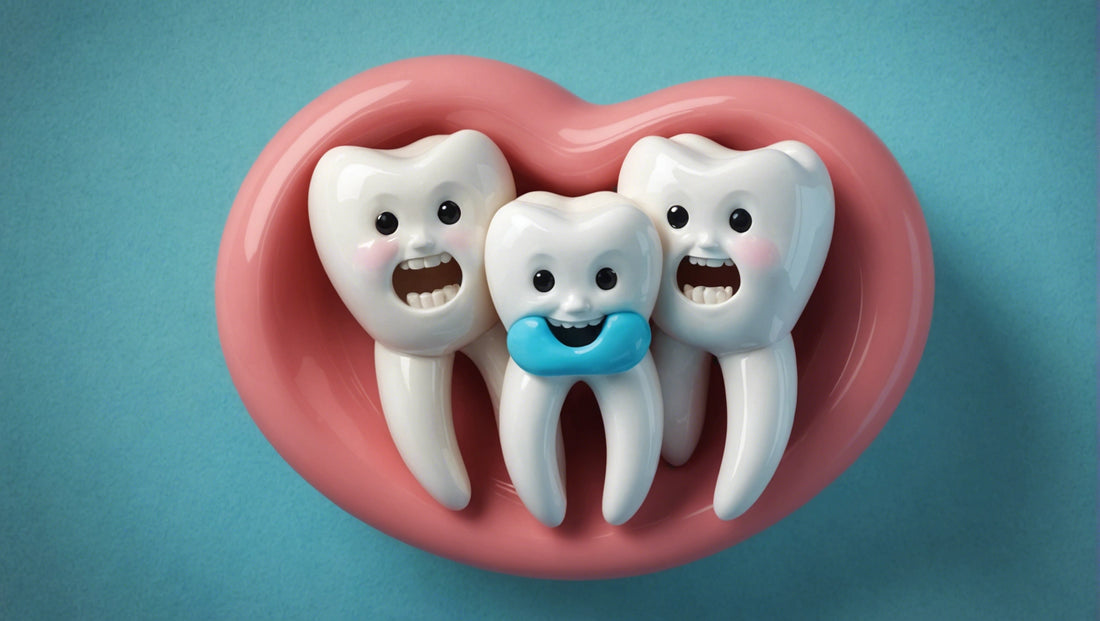Wisdom Teeth Removal: Is It Really Necessary?
In the United States, the removal of wisdom teeth is a common procedure, often performed preemptively on adolescents and young adults. However, there's growing debate about whether this practice is always necessary. This article explores the reasons behind the widespread removal of wisdom teeth, the potential benefits of keeping them, and the clinical research that questions the necessity of routine extraction.
The Common Practice of Wisdom Teeth Removal
Wisdom teeth, or third molars, typically emerge between the ages of 17 and 25. In many cases, dentists recommend their removal even if they aren't causing any immediate problems. This recommendation is often based on the potential for future issues, such as impaction, crowding, or infection.
Financial Incentives and the Dental Business Model
One reason for the high rate of wisdom teeth removal in the U.S. is the financial incentive for dental practices. The procedure is lucrative, generating significant revenue for dentists and oral surgeons. A study published in the "American Journal of Public Health" highlighted that the prophylactic removal of wisdom teeth contributes billions of dollars to the dental industry each year (EMSL Analytical) (HQTS).
Can Wisdom Teeth Remain Problem-Free?
While some wisdom teeth can cause problems, many individuals have wisdom teeth that emerge without any issues and remain healthy throughout their lives. Several studies suggest that routine removal may not be necessary for asymptomatic wisdom teeth.
Clinical Evidence Against Routine Extraction
Low Incidence of Problems: Research published in the "Cochrane Database of Systematic Reviews" indicates that the majority of asymptomatic wisdom teeth do not lead to complications (EMSL Analytical) (HQTS). This comprehensive review found no evidence to support the routine prophylactic removal of asymptomatic, disease-free wisdom teeth.
Potential Benefits of Keeping Wisdom Teeth: Another study in the "Journal of Oral and Maxillofacial Surgery" found that keeping wisdom teeth can be beneficial as individuals age. These teeth can serve as valuable replacements if other molars are lost due to decay or periodontal disease (EMSL Analytical) (HQTS).
Potential Complications of Wisdom Teeth Removal
Removing wisdom teeth is not without risks. Complications can include:
Infection: Postoperative infections can occur, leading to pain and swelling.
Nerve Damage: There's a risk of damaging the inferior alveolar nerve, which can cause numbness or tingling in the lower lip, chin, and tongue.
Dry Socket: This painful condition occurs when the blood clot at the extraction site dislodges, exposing bone and nerves.
A study published in "PLOS ONE" reported that about 7% of patients experience complications following wisdom teeth removal (EMSL Analytical) (HQTS).
When is Removal Necessary?
While routine extraction may not always be justified, there are specific situations where removing wisdom teeth is advisable:
Impaction: If wisdom teeth are impacted (unable to fully emerge through the gums), they can cause pain, infection, and damage to adjacent teeth.
Crowding: In some cases, wisdom teeth can cause crowding of other teeth, leading to alignment issues.
Decay or Gum Disease: Wisdom teeth that are difficult to clean due to their position may develop cavities or contribute to periodontal disease.
Alternative Perspectives
In some countries, the approach to wisdom teeth is more conservative. For example, in the United Kingdom, the National Institute for Health and Care Excellence (NICE) recommends against the prophylactic removal of asymptomatic, disease-free wisdom teeth (EMSL Analytical) (HQTS). Instead, they advise regular monitoring and only intervening if problems arise.
Benefits of Keeping Wisdom Teeth
While the risks of keeping wisdom teeth are often highlighted, there are potential benefits to consider:
Reserve for Future Dental Needs: Wisdom teeth can act as a natural backup for other molars lost due to injury, decay, or periodontal disease. They can be moved into position by orthodontic treatment if needed later in life (EMSL Analytical) (HQTS).
Maintaining Jaw Structure: Wisdom teeth can contribute to the overall structure and strength of the jawbone, helping to maintain facial integrity and function as you age (EMSL Analytical) (HQTS).
Long-Term Studies and Monitoring
Long-term studies and regular monitoring are crucial in making an informed decision about wisdom teeth. Some research suggests that with proper oral hygiene and regular dental checkups, many people can keep their wisdom teeth without experiencing significant issues. A study in the "British Journal of Oral and Maxillofacial Surgery" found that regular monitoring and conservative management of asymptomatic wisdom teeth resulted in fewer complications compared to prophylactic removal (EMSL Analytical) (HQTS).
Conclusion
The routine removal of wisdom teeth in the United States is a procedure that often goes unquestioned, but emerging research suggests that it may not always be necessary. Keeping healthy, asymptomatic wisdom teeth can provide benefits, particularly as individuals age. As with any medical decision, it's essential to weigh the potential risks and benefits and consult with a dental professional to determine the best course of action based on individual circumstances.
For more detailed insights and recommendations, explore our comprehensive articles and guides on the ToothPow blog.

